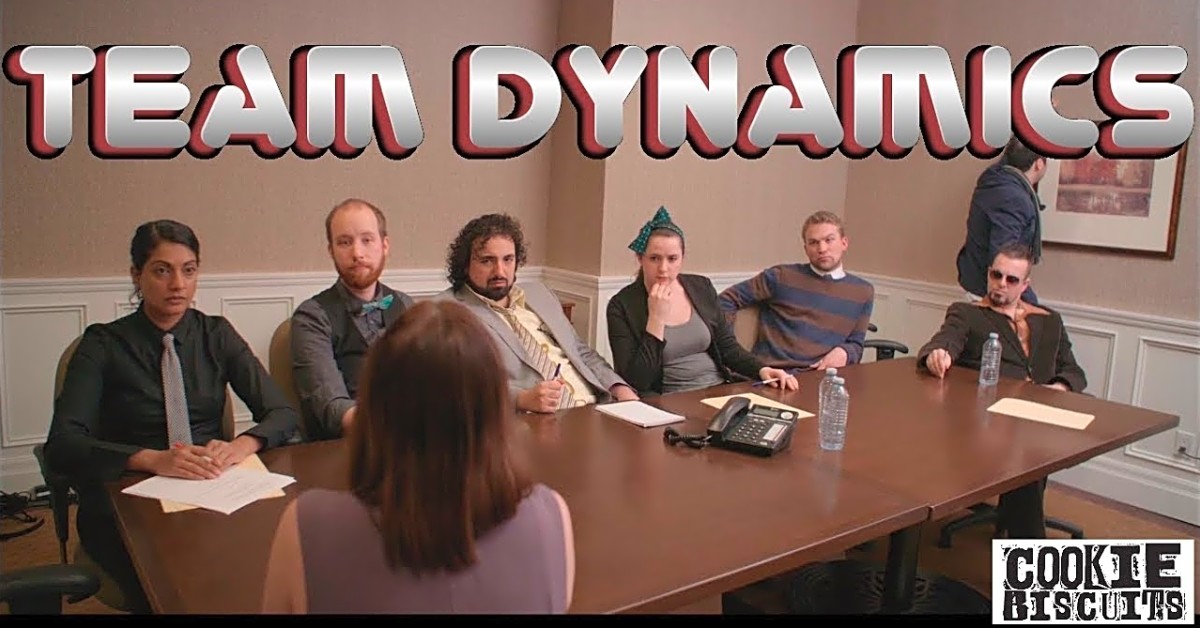In today’s fast-paced and competitive work environment, the success of any organization depends heavily on the effectiveness of its team dynamics. A team that works together seamlessly, with clear roles and responsibilities, can achieve great things and drive the company towards success. However, building and maintaining a high-performing team is not an easy task. It requires strong leadership skills and a deep understanding of team dynamics.
Effective leadership is crucial for creating a positive team culture, resolving conflicts, and motivating team members to achieve their full potential. As a leader, it is important to develop your leadership skills and continuously improve them to keep up with the changing demands of the workplace.
In this article, we will discuss the key steps to developing your leadership skills and improving team dynamics. We will explore the concept of team roles and responsibilities, and how they contribute to the overall success of a team. Whether you are a new manager or an experienced leader looking to enhance your skills, this article will provide valuable insights on effective team building and team dynamics.
So, if you are ready to take your leadership abilities to the next level and create a high-performing team, read on!
To start off, it’s important to understand the different roles within a team. Each member has their own unique responsibilities, but they all work together towards a common goal. These roles include the leader, facilitator, coordinator, communicator, and team member.
The leader sets the vision and direction for the team, while the facilitator ensures that tasks are completed efficiently. The coordinator organizes and manages resources, the communicator keeps everyone informed and connected, and the team member contributes their skills and expertise towards achieving the team’s goals.
Leadership is a crucial aspect of effective team building. It is the leader’s responsibility to inspire and motivate their team towards success. This involves setting clear goals, providing guidance and support, and making tough decisions when needed.
The facilitator is responsible for ensuring that tasks are completed efficiently and effectively. This role requires strong communication skills and the ability to delegate tasks appropriately. The facilitator also plays a crucial role in conflict resolution and maintaining a positive team dynamic.
The coordinator is in charge of organizing and managing resources for the team. This includes allocating budgets, scheduling meetings and appointments, and coordinating with external stakeholders. A good coordinator is able to keep track of various tasks and ensure that everything runs smoothly.
Communication is key in any team dynamic, and the communicator plays a vital role in keeping everyone informed and connected. This involves sharing important updates, clarifying expectations, and facilitating effective communication between team members.
Lastly, the team member is responsible for contributing their skills and expertise towards achieving the team’s goals. Each member brings their own unique strengths to the table, and it is important for them to work together collaboratively towards a common goal.
By understanding these various roles and responsibilities within a team, you can develop your own leadership skills and improve team dynamics. It takes a combination of strong leadership, efficient task management, effective communication, and collaborative teamwork to build a successful team.
In conclusion, if you are looking to improve your leadership abilities and create a more effective team, it is important to understand the essential roles and responsibilities within a team. By utilizing training and strategies for operational leadership, you can build a strong team and improve your leadership skills. Remember to always prioritize communication, collaboration, and goal-setting to ensure the success of your team.
Strategies for Team Building
A strong team is built on trust, communication, and collaboration. In this section, we will discuss effective strategies for building a cohesive team. This includes fostering open communication, promoting diversity and inclusion, setting clear goals and expectations, and providing opportunities for team bonding.
Tips for Operational Leadership
To be an effective leader, you must possess certain skills and characteristics. Some key qualities include excellent communication, problem-solving, and decision-making skills. As a leader, it’s also important to be adaptable, empathetic, and able to motivate your team. This section will provide tips on how to develop these important skills.Effective team building and operational leadership go hand in hand. By understanding the different roles and responsibilities within a team, developing essential leadership skills, and implementing effective strategies for team building, you can create a strong and successful team dynamic. Remember to continuously communicate and listen to your team, and never stop learning and growing as a leader.
